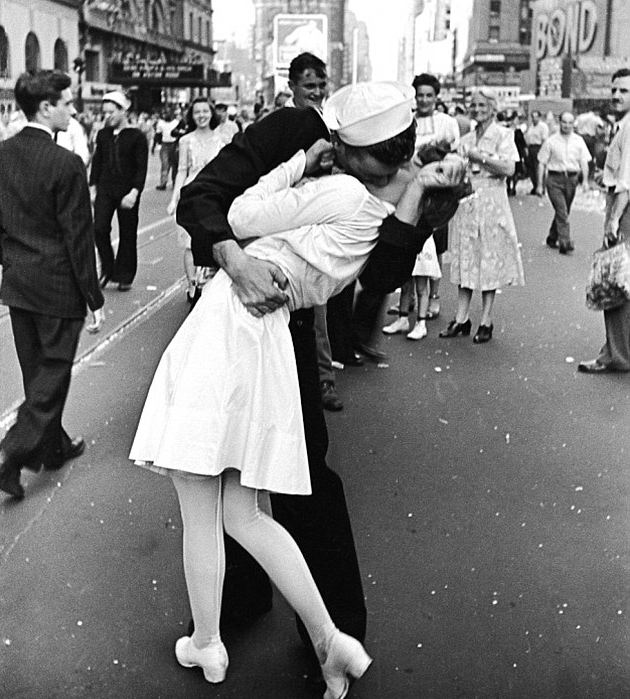Rage is a masculine concept.
A real man expresses his rage openly. Some even use the excuse of testosterone to legitimise it. Others use passion. In some cultures rage-derived “passion” is still an excuse to commit crimes, namely, to kill women. “A man is not made of iron” is a Portuguese saying that justifies all kinds of male anger outbursts, namely towards women. An ancient and illiterate version of the self-not-so-helpful-idea that men are from Mars and women from Venus.
Histeria is, as the name shows, a female concept. It’s ontological, from a Freudian point of view, because it is then related to the ovaries. So, women should be naturally prone to uncontrolled emotional demonstrations, always inconvenient and always out of context. Men are often seen as the main victims. And children.
“Bitching” and “nagging” are activities often attributed to women who dare to express their rage / disapproval / disgruntlement about whichever topic or person. “Embittered” and “emotional” are the labels that result from it. Men are never bitter. Men are never emotional. Men are temperamental. Men are outspoken. And all that is great.
Therefore and since the expression of rage, when it comes to male and female communication, has opposite connotations in our society, both sexes have developed their different ways to channel and communicate such a human (and non-human) emotion according to the demands of the community.
One of the most fascinating aspects of social interaction among primates is that individuals tend to adapt to the role that was collective defined by the group. That role depends on factual and perceived characteristics of the individuals but the main reason for its creation is the maintenance of the order within the group as well as the status quo of each one of the individuals that composes it. The same mechanism applies to humans.
Culture creates self-fulfilling prophecies regarding the identity of each one of us based on our sex, gender, appearance, family background, education level and other social variables. Women are supposed to take up as little social space as possible. Their needs are not a priority. Their duties are. That’s the core idea of female socialisation. So, at home, at the workplace, in all kinds of social circumstances, in almost every culture without exception, in order to be accepted, women develop such an ultra-filtered form of communication regarding sensitive topics and negative emotions that, sometimes, it is almost impossible to understand what they really mean. Women can gossip and criticise others aggressively among themselves (like men do) but as soon as they have the chance to make public their negative opinion on something or someone, the tone becomes contrastingly soft and the message, a blurred and vague version of what they really think.
If it is commonly accepted that female rage is eminently negative, obviously, women will develop other more socially acceptable ways of expressing that same rage, among themselves and towards men. It’s either that or social punishment, often manifested under the shape of disdain, criticism and other forms of social control, more or less explicit. And since women were taught that their value depend on others’ validation, they do not want to let anyone down. Moreover, in case women need anti-role models to inspire them to be soft and communicationally tamed, the eternally feminine Harpy and Witch will do the trick.

Hexe

GREEK & ROMAN MYTHOLOGY
a rapacious monster described as having a woman’s head and body and a bird’s wings and claws or depicted as a bird of prey with a woman’s face.
2.
a grasping, unpleasant woman.
Anyway, i am not making the public praise of aggression, meanness and lack of self-control over one’s emotions, no matter how justified they may be. All i am saying is that the socially established limits to female communication are nothing obstacles to clarity, assertion and self-awareness. The result of that is a much more limited social participation.
If women do not recognise themselves the right to, publicly or privately, speak up their own feelings, needs and opinions under the threat of seeming overly “demanding”, “bitchy” or even “nasty” – yes, Trump was not the first one to use this expression when talking about an outspoken woman-, they will never have the chance to explore other sides of themselves, find their own voice and get what is rightfully theirs.
In order to do that, women should quit:
- Asking themselves if they were too blunt/ harsh/ aggressive while expressing an opinion during a meeting
- All those mental reviews of conversations that took place during the day with friends and family
- The self-castrating internal dialogues which always end up in zero ideas and zero communication to the exterior
- Imagining castrastrophic reactions of others to their simple act of stating an opinion
- Giving more importance to the manner in which they communicate and focus on the message
- Looking at themselves from the exterior instead listening to their own thoughts
- Last but not the least, asking internally if all those people who made bad judgements about them and their way of communicating were right, after all
It is that kind of agency that needs to be owned. However, lest we never forget that conquering such agency, will always be, for women, a work in progress because it completely goes against what women were raised to be and expected to become and, at the end, it will all play against them.
So, when it comes to the emancipation in the way women express themselves, they should expect nothing less than being their own biggest obstacle.




